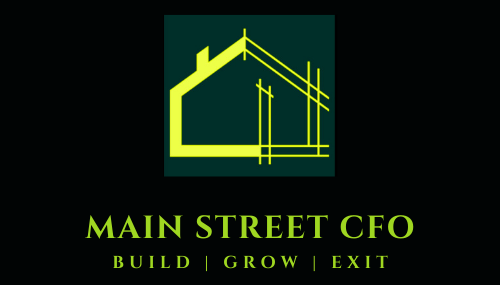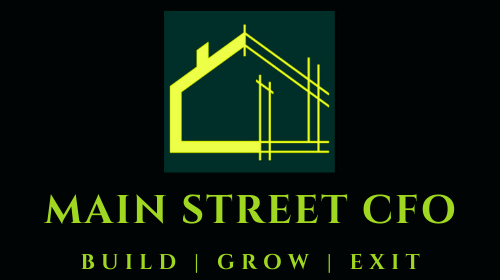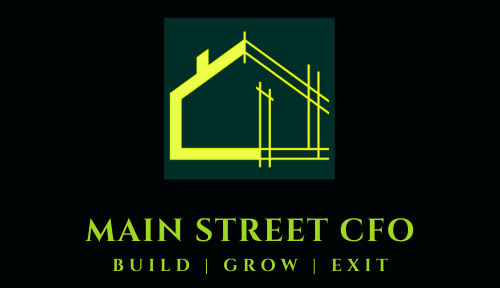Passive Activity Losses
Passive Activity Losses
The passive activity loss (PAL) rules are tax regulations designed to limit the ability of taxpayers to use losses from passive activities to offset other non-passive income. These rules are particularly relevant for individuals, estates, trusts, personal service corporations, and closely held corporations. The intent behind the PAL rules is to prevent taxpayers from using tax shelters to reduce their taxable income through losses in activities in which they are not materially involved.
Definition of Passive Activities
A passive activity is defined as any trade or business activity in which the taxpayer does not materially participate. Rental activities are generally considered passive regardless of the level of participation by the taxpayer, with certain exceptions for real estate professionals.
Material Participation
Material participation means being involved in the operations of the activity on a regular, continuous, and substantial basis. The IRS provides several tests to determine material participation, including working more than 500 hours in the activity during the tax year, performing substantially all the work in the activity, or working more than 100 hours in the activity and not less than any other individual.
Key Rules
- Loss Limitation: Generally, losses from passive activities can only be deducted to the extent of income from passive activities. This means that passive activity losses (PALs) cannot be used to offset income from non-passive sources, such as wages, salaries, or dividends.
- $25,000 Special Allowance for Rental Real Estate: There is a special allowance for individuals who actively participate in rental real estate activities, allowing them to deduct up to $25,000 of loss against non-passive income. This allowance phases out for taxpayers with modified adjusted gross income (MAGI) between $100,000 and $150,000.
- Real Estate Professional Exception: Taxpayers who qualify as real estate professionals and materially participate in their rental real estate activities are not subject to the passive activity loss limitations for those activities. This means they can deduct losses from these activities against non-passive income.
- Carryforward of Disallowed Losses: Losses that are not deductible in the current year because they exceed passive income can be carried forward indefinitely to offset future passive income.
- Disposition of Passive Activity: If a taxpayer disposes of their entire interest in a passive activity to an unrelated party in a fully taxable transaction, they can deduct all previously suspended losses from that activity against non-passive income.
The PAL rules are complex and have various exceptions and nuances. Taxpayers must carefully document their participation in activities and maintain detailed records to substantiate their claims for deductions under these rules.













